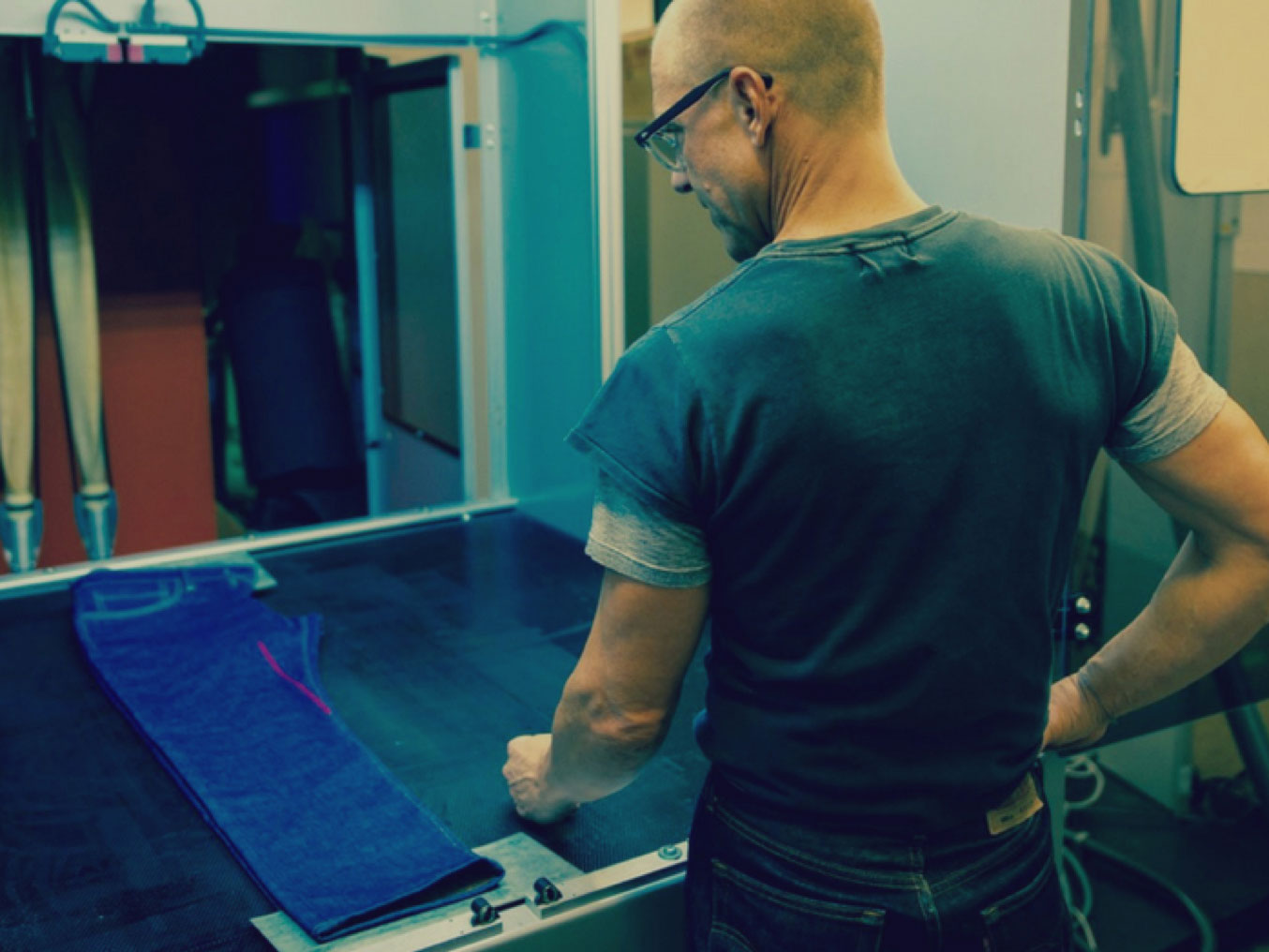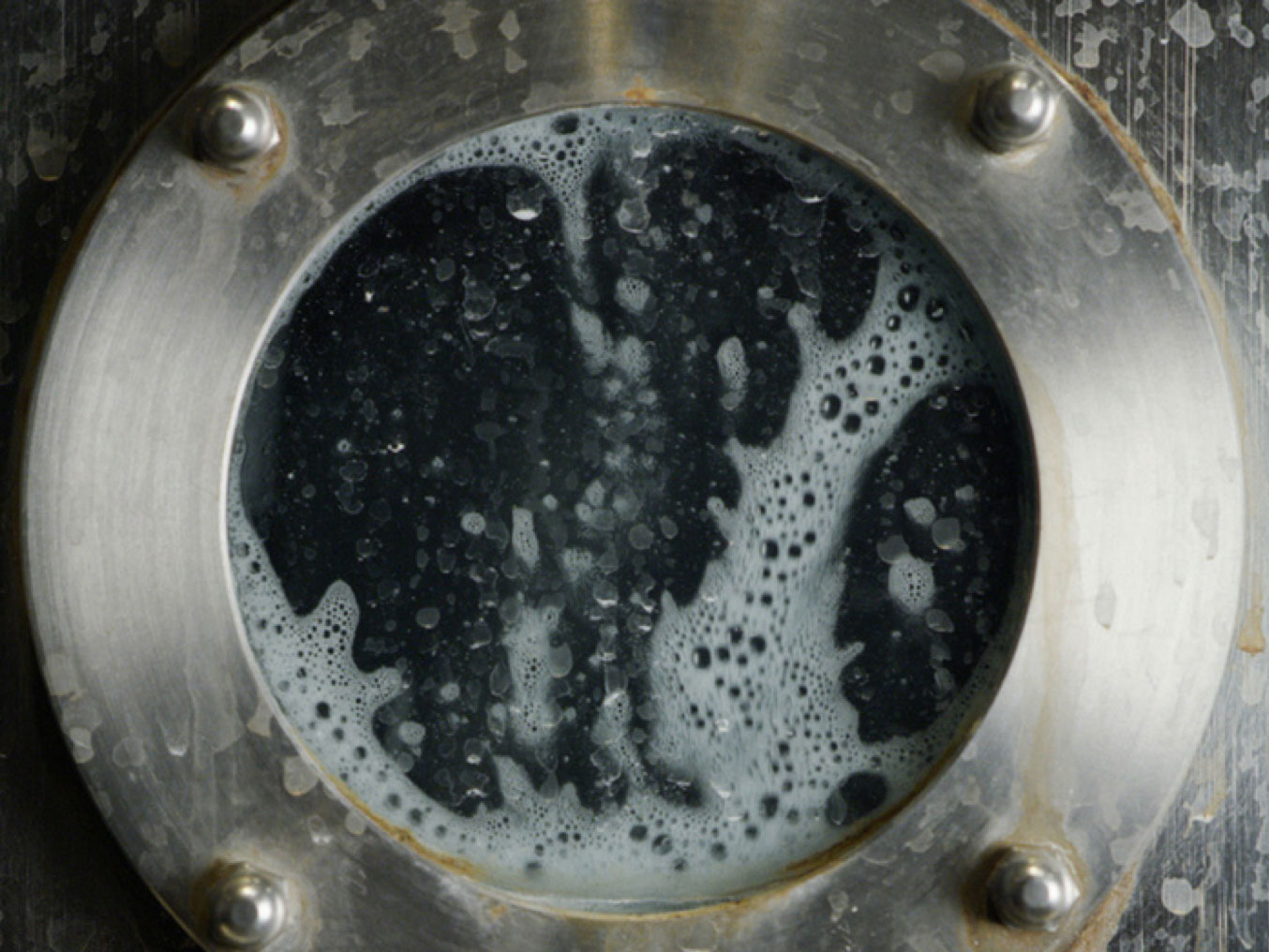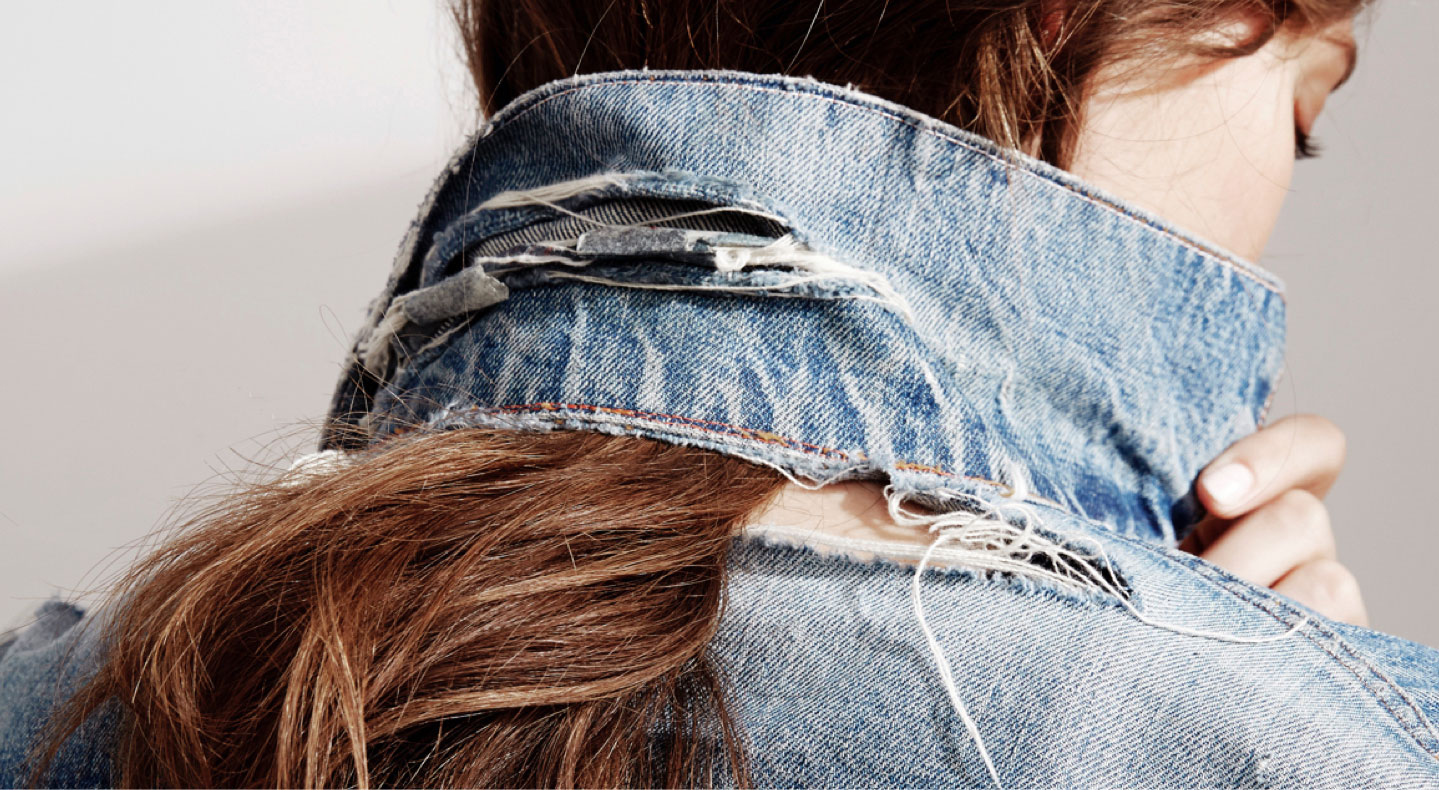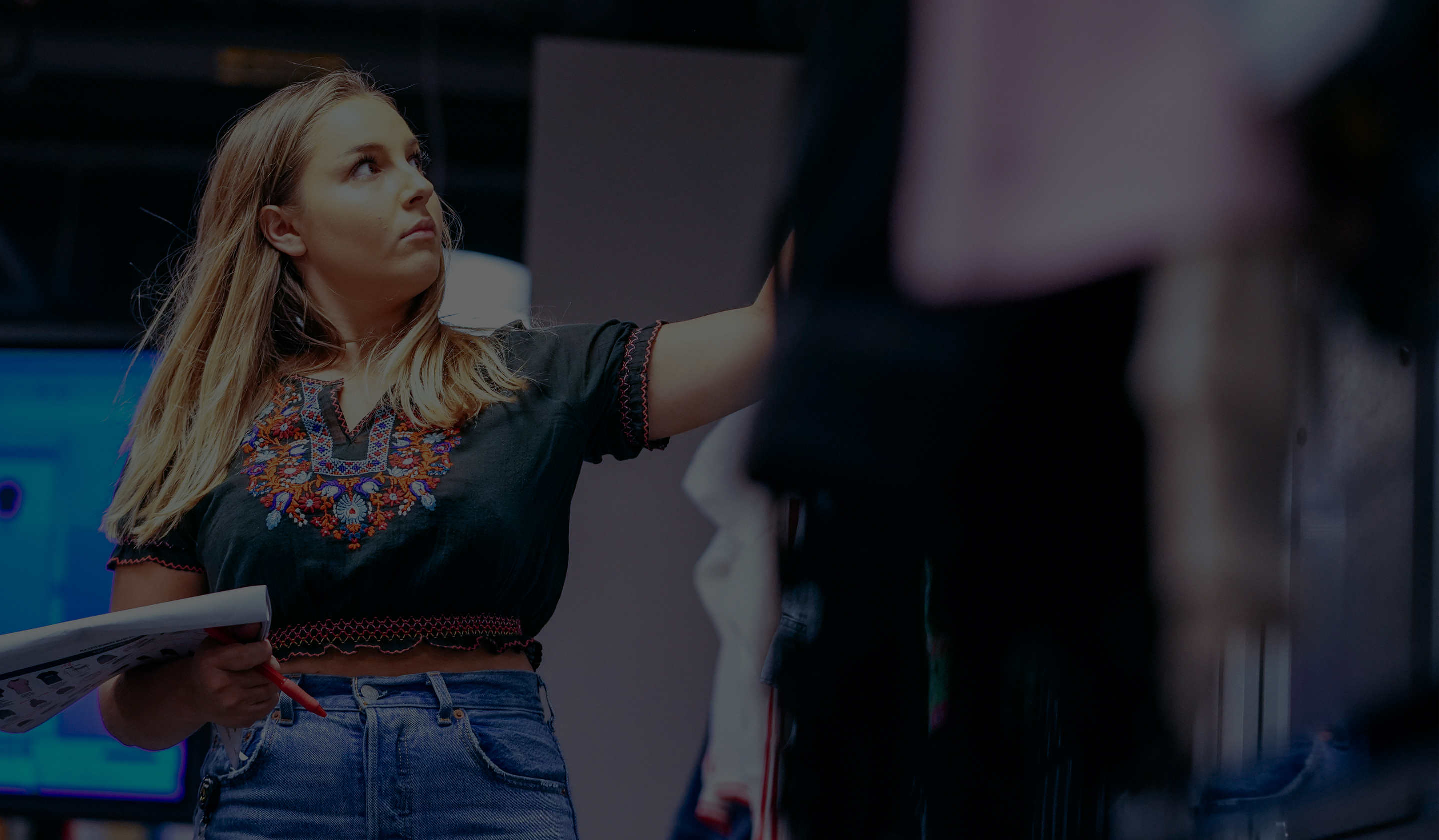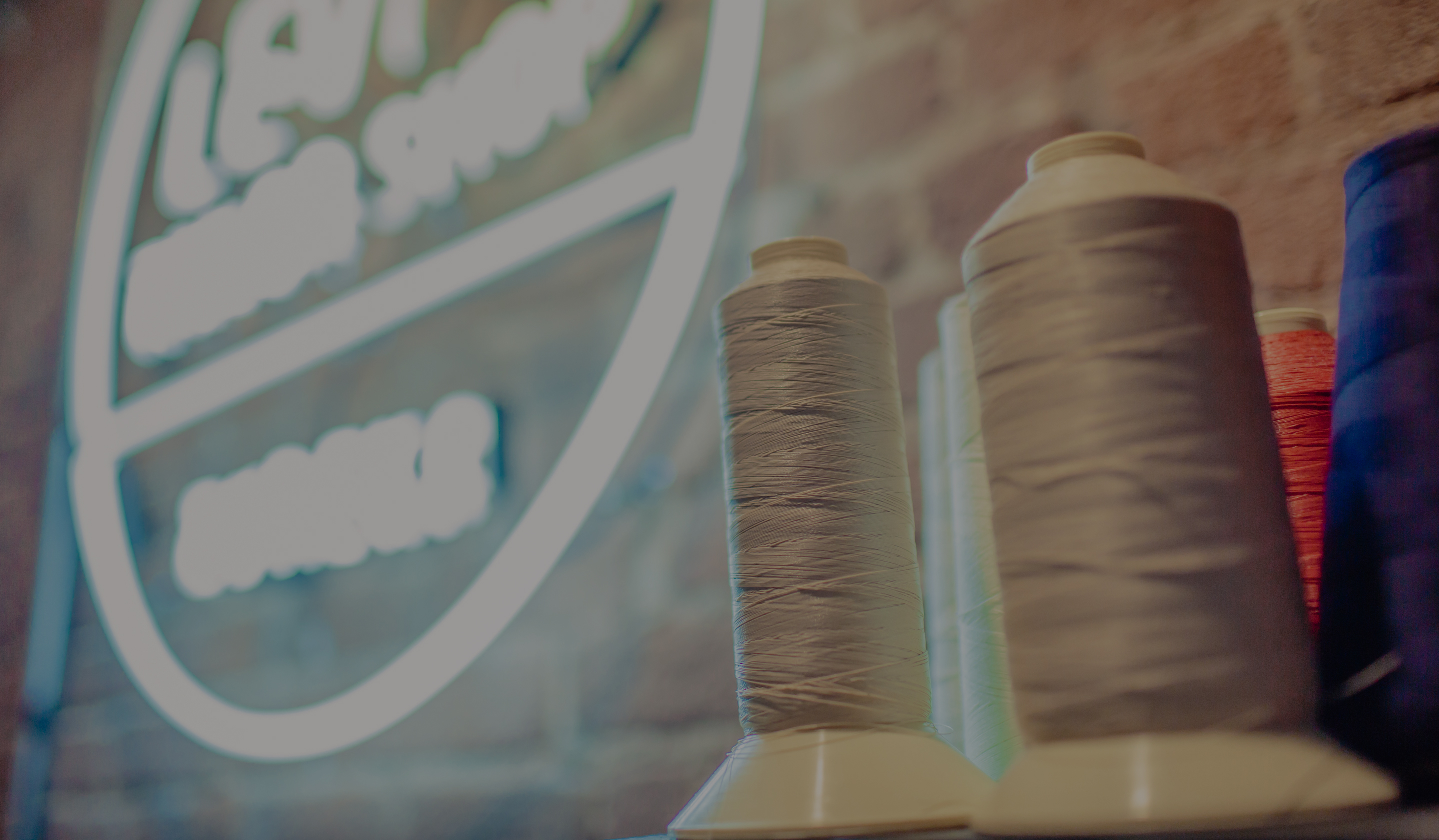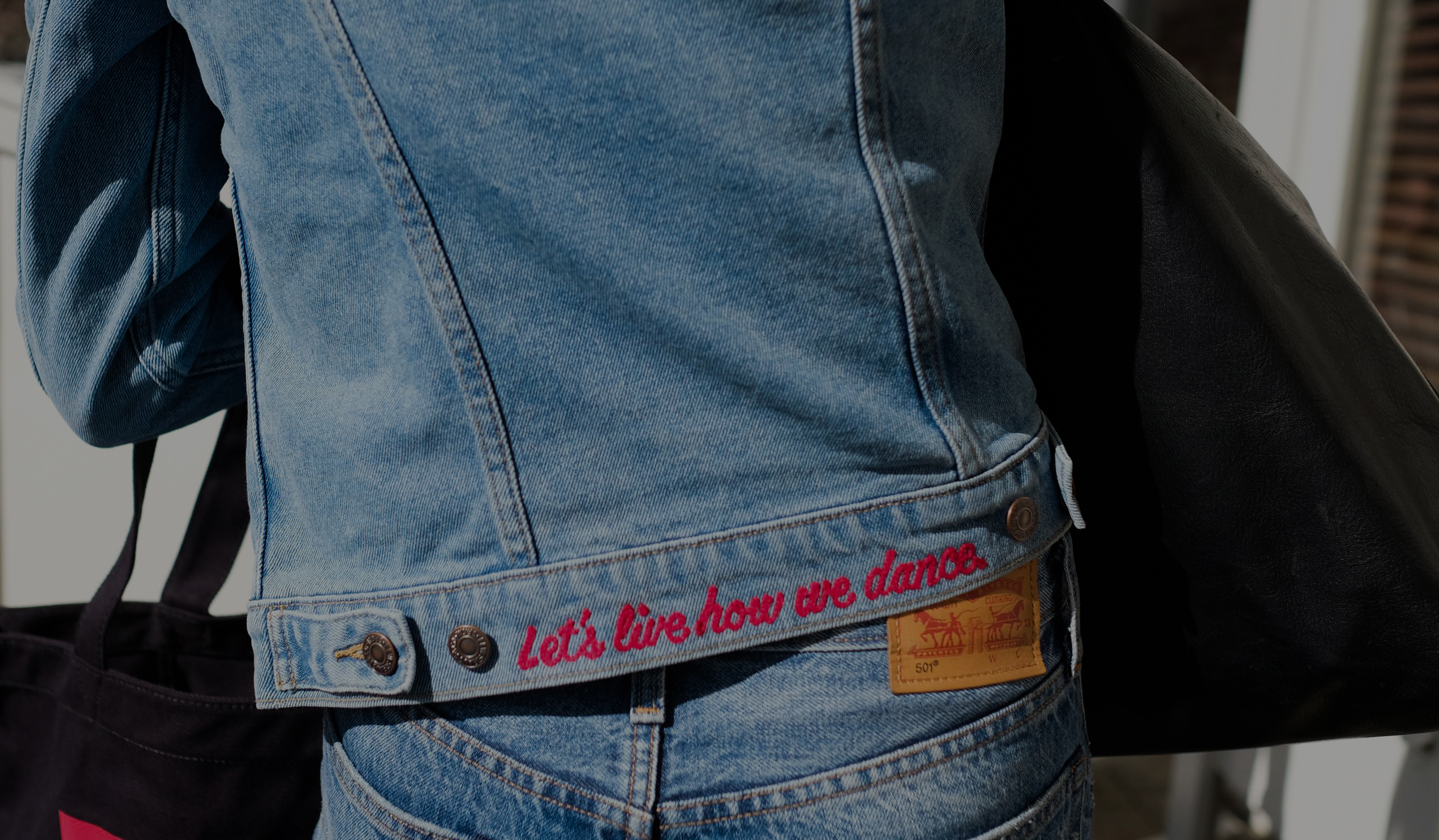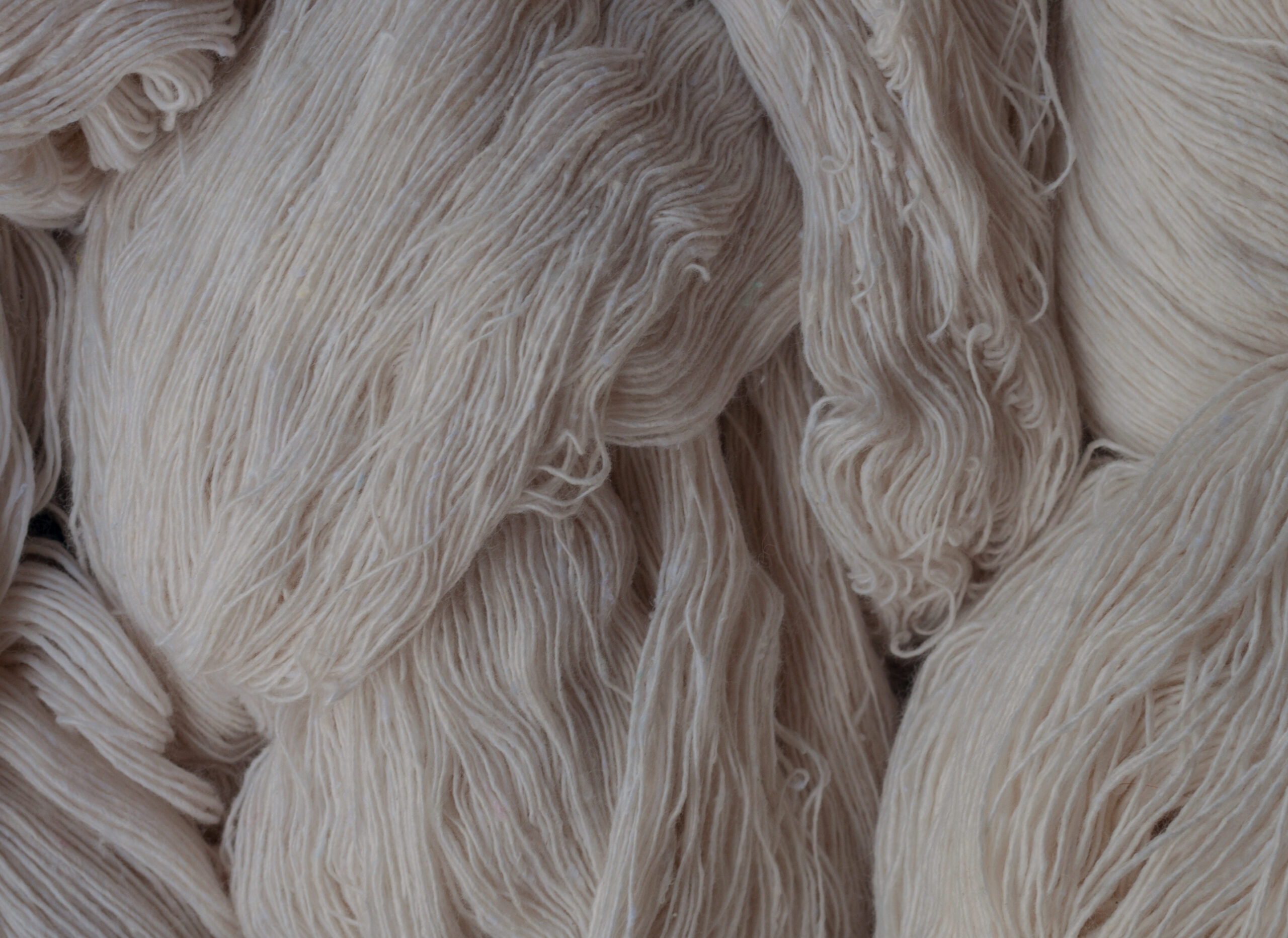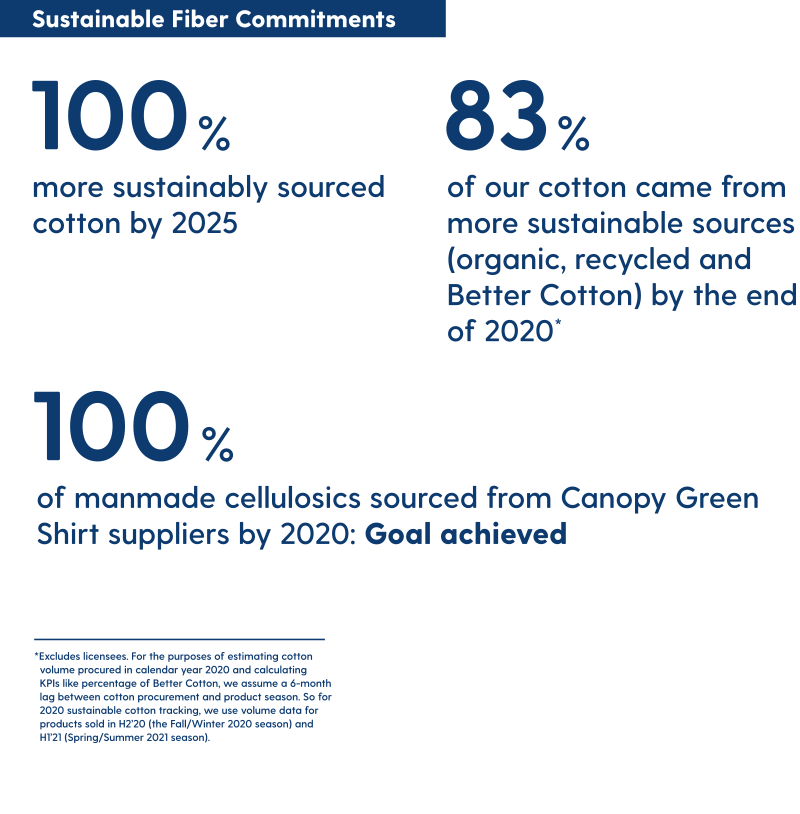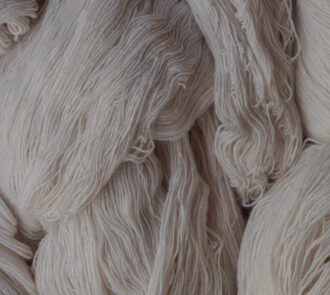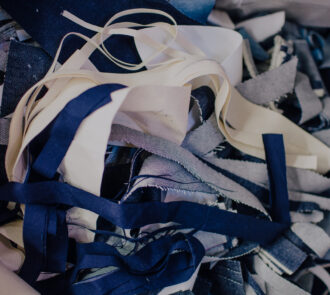We are committed to sourcing all fibers and materials used to produce our clothing responsibly. Fibers like viscose, modal and lyocell are produced using wood pulp. The sourcing of wood as well as the fiber manufacturing processes used to produce these fibers can have significant impacts on the environment, from air and water quality to biodiversity. We address the impacts of wood-based fiber production by sourcing 100% of our cellulosics from responsible sources.
In 2019, LS&Co. completed the shift of all manmade cellulosics — viscose (rayon), modal, and lyocell — from direct suppliers to Canopy “Green Shirt” suppliers who have earned a minimum of 25 buttons in Canopy’s 2020 Hot Button Ranking. This means they have eliminated or are on track to eliminate sourcing from Ancient and Endangered Forests in 2020. We have also moved away from generic viscose (rayon) to traceable viscose and expanded our use of lyocell, such as Lenzing’s Tencel™ fiber, which includes a process that continually recycles the chemical solvents used to produce the fiber and also requires less energy and less water than generic viscose.* As of 2020, we accept manmade cellulosics from the companies Lenzing, Birla, Tangshan Sanyou (for Circulose® fiber) and Kelheim.* All manmade cellulosic suppliers to LS&Co. must be Canopy Green Shirt-rated and committed to responsible manufacturing.
We source sustainable wood-based fibers consistent with our CanopyStyle commitment to work with suppliers to prevent wood-based materials from the world’s Ancient and Endangered Forests from entering our supply chain. Our work to address the impacts of manmade cellulosic fiber manufacturing is consistent with our Commitment to Zero Discharge of Hazardous Chemicals and the Changing Markets Roadmap. Collaborations with innovators and suppliers aim to develop and scale next-generation fibers made with circular manufacturing processes and recycled or regenerative raw material input, such as Circulose® fiber.
Additionally, about two-thirds of the manmade cellulosic fibers used in our products are lyocell fibers, made with closed-loop manufacturing processes that recover and reuse chemicals and water. This drastically reduces the environmental impacts and natural resources required for production. We are also incorporating the pioneering Refibra™ technology, which involves upcycling cotton scraps from garment production into our products.** These cotton scraps are transformed into cotton pulp and added to wood pulp, with the combined raw material resulting in new Tencel™ Lyocell fibers to make fabrics.
*Tencel™ is a trademark of Lenzing Aktiengesellschaft. Circulose® is a registered trademark of Re:NewCell AB.
**Refibra™ is a registered trademark and Tencel™ is a trademark of Lenzing Aktiengesellschaft.


